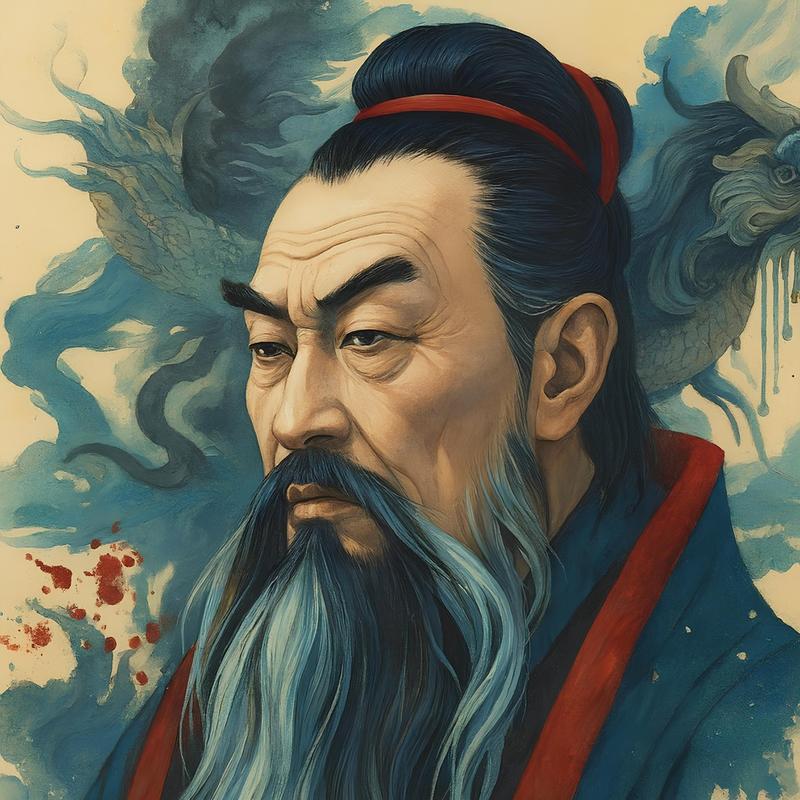
本期节目聚焦「羞耻作为一种道德情感」,深入探讨古典儒家哲学家对羞耻的理解。我们特别邀请到胡婧博士(Dr Jing Iris Hu),她曾发表学术论文「Shame, Vulnerability, and Change」(《羞耻、脆弱与改变》)。
我们将围绕以下几个核心问题展开讨论:
- 儒家思想为何重视羞耻感?
- 羞耻感能否以及如何独立于社会评价存在?
- 儒家提出了哪些机制来培养这种独立性
- 一个真正具备德行的人是否还需要羞耻感?
时间轴
0:00 Part I — 导言 Introduction
16:53 Part II — 儒家对羞耻的看法 Confucians on shame
16:54 嘉宾介绍:胡婧 Introducing Jing HU
19:52胡婧文章的两个主要观点 The two main claims of Hu’s article
22:53儒家如何回应“羞耻否定论“ The Confucian response to “shame rejectionism”
27:53儒家是否需要真实的“客观”价值观来支撑他们对羞耻的看法?Whether Confucians need real, “objective” values to underwrite their views about shame
34:37为什么羞耻的“亲社会取向”是一件好事 Why shame’s pro-social orientation is a good thing
42:51我们是否需要羞耻感,才能与他人建立正确的沟通Whether we need a sense of shame in order to have the right communicative channels with others
49:45 德性圆满者还需要羞耻感吗?(亚里士多德 vs. 孔子 vs. 宋子) Would a fully virtuous person need a sense of shame?(Aristotle vs. the Confucians vs. Songzi)
1:05:13 嘉宾问答环节Closing questions for our guest
1:11:16 下期预告Preview of the next episode
重点讨论段落
子曰:「道之以政,齐之以刑,民免而无耻;道之以德,齐之以礼,有耻且格。」
(English version: Analects 2.3, Edward Slingerland’stranslation)
目前节目持续更新中,每周一与你见面,欢迎订阅收听!如果你有任何想法或建议,欢迎在评论区留言,或前往 Warp, Weft, andWay 网站参与讨论。
其他参考资料
Jing Iris Hu, “Shame, Vulnerability, and Change“
The Analects《論語》(Chinese)
The Analects (English translations)
The Mencius, also knownas the Mengzi (Chinese, English)
Analects 5.1
Mencius or Mengzi 6A10
Martha Nussbaum, Hiding from Humanity: Disgust, Shame, and the Law
Cheshire Calhoun, “An Apology for Moral Shame“
Marta Jimenez, Aristotle on Shame and Learningto Be Good
Christopher C. Raymond, “Shame and Virtue in Aristotle“
Bryan W. Van Norden, “The Emotion of Shame and the Virtue of Righteousness in Mencius“
The Xunzi (about Xunzi, Chinese text, English translation)
Mencius or Mengzi 4B.33
Lisa Tessman, Burdened Virtues
See also Bongrae Seok, Moral Psychology of Confucian Shame
特别鸣谢 The Hong Kong Ethics Lab 的支持和赞助,以及 Warp, Weft and Way 网站对讨论环节的支持。
音频剪辑 & 中文 show notes: Lena
空空如也


